Life 101
Behaviour Policy
At Life 101, we use effective behaviour management strategies to promote the welfare and enjoyment of children attending our courses. Working in partnership with parents, we aim to manage behaviour using clear, consistent, and positive strategies, and with adults modelling positive behaviour. A behaviour agreement is devised with the children at the beginning of our courses, so everyone is clear and in agreement about the kind of environment we all want to learn in, what is acceptable and what is not.
Whilst at a Life 101 course, we expect children to:
• Use socially acceptable behaviour.
• Comply with behaviour expectations and rules, which are compiled in collaboration
with children attending the course.
• Respect one another, accepting differences of race, gender, ability, age and religion
• Develop their independence by maintaining self-discipline.
• Be attentive and participate in a variety of activities.
• Ask for help if needed.
• Enjoy their time on the course!
Encouraging positive behaviour
At Life 101, positive behaviour is encouraged by:
• Staff acting as positive role models.
• Praising appropriate behaviour.
• Informing parents about individual achievements.
• Offering interesting and engaging activities.
• Individual prizes where appropriate.
• Certificates at end of course.
• Being clear , consistent and direct with language.
It is inevitable that as children develop and learn, there are times when they need support and guidance to understand that their behaviour is not acceptable. Our Life 101 team will try to determine the cause or triggers of the inappropriate behaviour to prevent the situation from recurring.
Dealing with inappropriate behaviour
• Challenging behaviour will be addressed in a calm, firm and positive manner.
• In the first instance, staff will give a verbal warning and discuss with the child why
the behaviour displayed is deemed inappropriate.
• Staff will give the child an opportunity to explain their behaviour, to help prevent a
recurrence.
• If the unacceptable behaviour continues, staff will take the child aside and have a
longer discussion with them about why the behaviour is not acceptable and try to
understand why the child is making these choices.
• Staff will encourage and facilitate mediation between children to try to resolve
conflicts through discussion and negotiation.
• Staff will consult with parents to formulate clear strategies for dealing with
persistent inappropriate behaviour.
• No staff member will ever threaten any punishment that could adversely affect a
child’s well-being (eg withdrawal of food or drink).
If after consultation with parents and the implementation of behaviour management
strategies, a child continues to display inappropriate behaviour, Life 101 may decide to exclude the child from the course. The reasons and processes involved will be clearly explained to the child.
Physical intervention
Physical intervention will only be used as a last resort, when staff believe that action is necessary to prevent injury to the child or others, or to prevent significant damage to equipment or property. If a member of staff has to physically restrain a child, the designated safeguarding lead will be notified, and an Incident record will be completed. The incident will be discussed with the parent or carer as soon as possible.
If staff are not confident about their ability to contain a situation, they should call their manager or, in extreme cases, the police. All serious incidents will be recorded on an Incident record and kept in the child’s file. This may be used to build a pattern of behaviour, which may indicate an underlying cause. If a pattern of incidents indicates possible abuse, we will implement child protection procedures in accordance with our Safeguarding policy.
Corporal punishment
Corporal punishment or the threat of corporal punishment will never be used at Life 101. We will take all reasonable steps to ensure that no child who attends our courses receives corporal punishment from any person who cares for or is in regular contact with the child, or from any other person on our premises.
This policy was last updated September 2022
